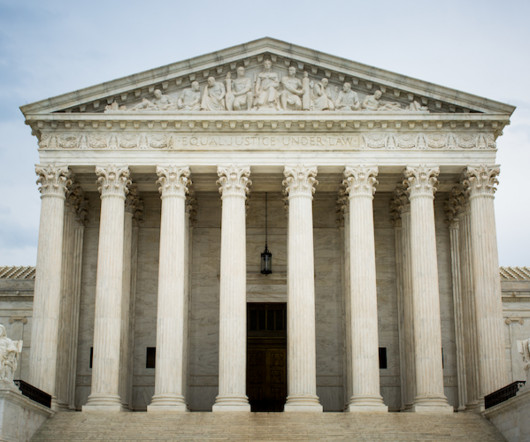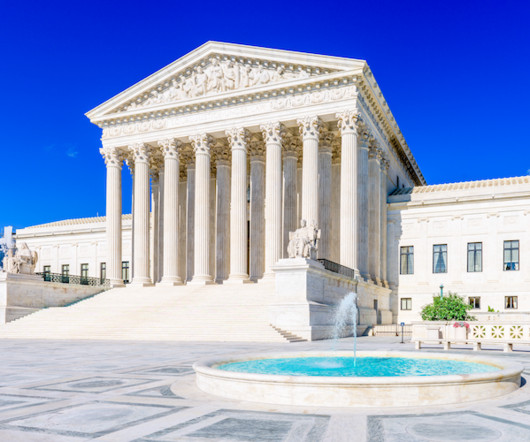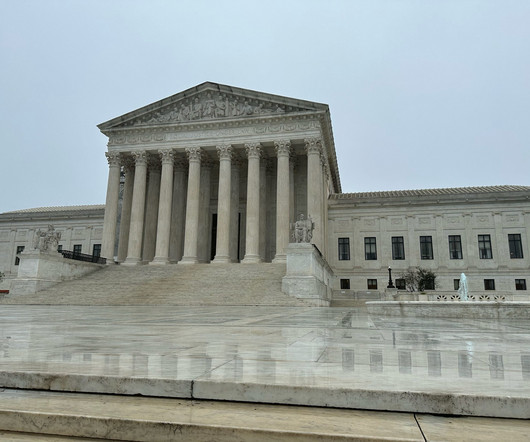Supreme Court Rules Federal Agencies Can Be Sued Under Fair Credit Reporting Act
Constitutional Law Reporter
FEBRUARY 28, 2024
1681n and 1681oauthorize suits for damages against “any person” who violates the FCRA, and §1681a expressly defines “person” to include “any” government agency. The first is when a statute expressly states that it is stripping immunity from a sovereign entity. government. government.















Let's personalize your content